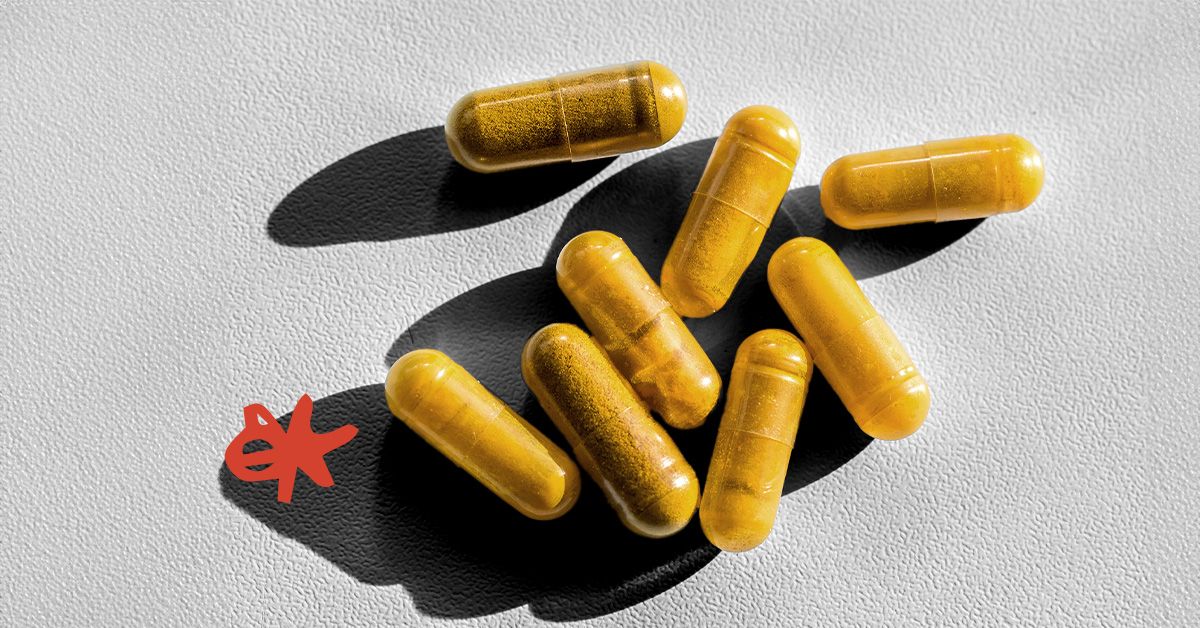In recent years, turmeric has gained popularity as a food supplement due to its active molecule, curcumin, which acts as a powerful antioxidant. Many people have turned to turmeric in the hopes of alleviating symptoms of various conditions or even preventing cancer. However, concerns have been raised by doctors regarding the safety of turmeric supplements, as a small group of patients have experienced liver injury after taking them. A recent study published in The American Journal of Medicine in 2023 found a link between turmeric supplementation and liver injury, with 10 cases reported in the US by the US Drug-Induced Liver Injury Network (DILIN) between 2004 and 2022. Of these cases, six occurred since 2017, and one patient died of acute liver failure. The researchers identified a potential risk associated with taking turmeric and black pepper supplements together.
Jay Hoofnagle, MD, one of the authors of the study, explained that the modern turmeric products have been altered to enhance absorption, which could contribute to liver injury in some individuals. The study also found that seven of the 10 individuals with liver injury carried a specific human leukocyte antigen allele, known as HLA-B*35:01, at a frequency higher than the general population. This allele plays a role in immunity and autoimmunity, and further investigation is needed to understand its relationship with turmeric-associated liver injury. Hoofnagle and his colleagues are currently conducting additional research to explore the mechanisms behind the heightened risk of liver injury in certain individuals.
It is important to consider the broader context of liver health when analyzing the data on turmeric supplementation and liver injury. Kristin Kirkpatrick, MS, a registered dietitian at Cleveland Clinic, highlighted the role of the liver in screening and detoxifying the body. She explained that individuals with metabolic dysfunction-associated steatotic liver disease (MASLD) may be at higher risk of liver injury due to difficulties in detoxification. The study also underscored the importance of dosage in herbal supplements, noting that higher doses do not necessarily equate to greater benefits and may result in more side effects.
Hoofnagle emphasized the distinction between traditional medicinal use of turmeric in Indian medicine for digestive issues and the use of highly concentrated turmeric supplements. He cautioned against treating turmeric supplements as equivalent to turmeric used in food, as the former involves much higher doses and can lead to potential side effects. He also pointed out the challenges in regulating herbal medicines, as the FDA does not oversee them in the same way as pharmaceutical drugs. Therefore, it is crucial for individuals considering turmeric supplementation to be aware of the potential risks and consult with healthcare providers before starting any new regimen.








